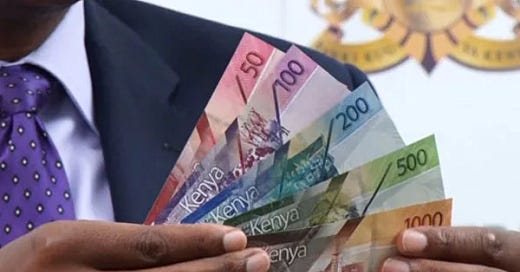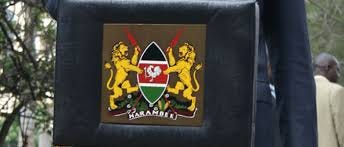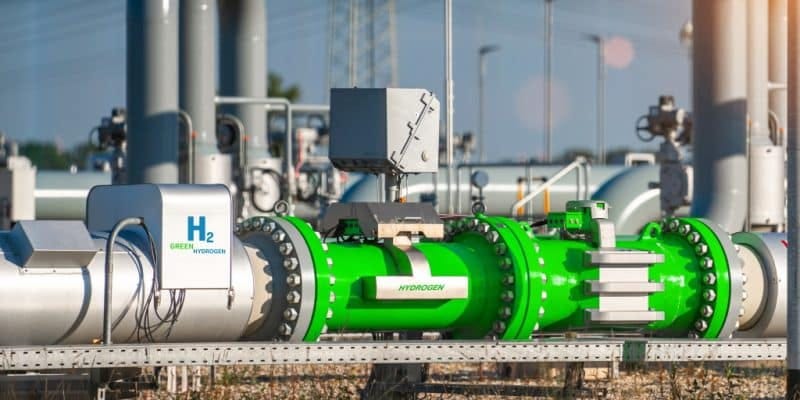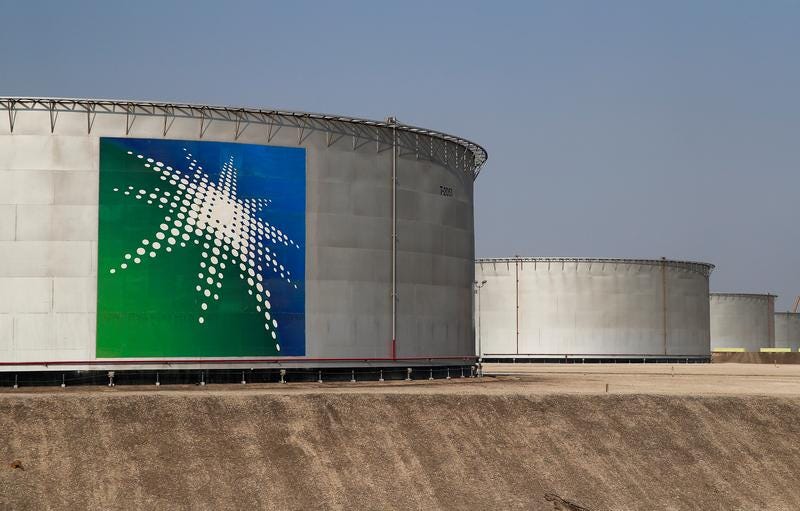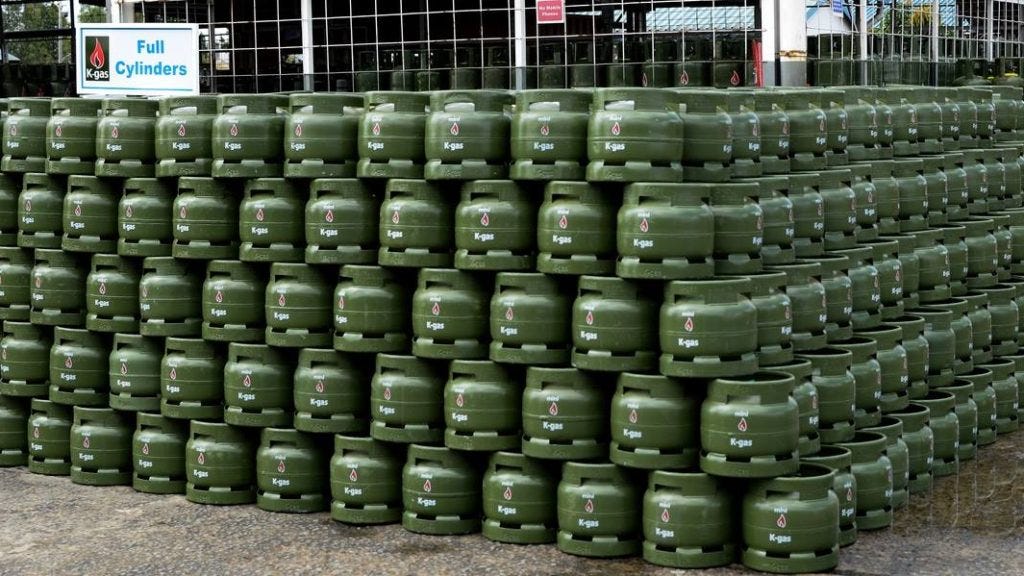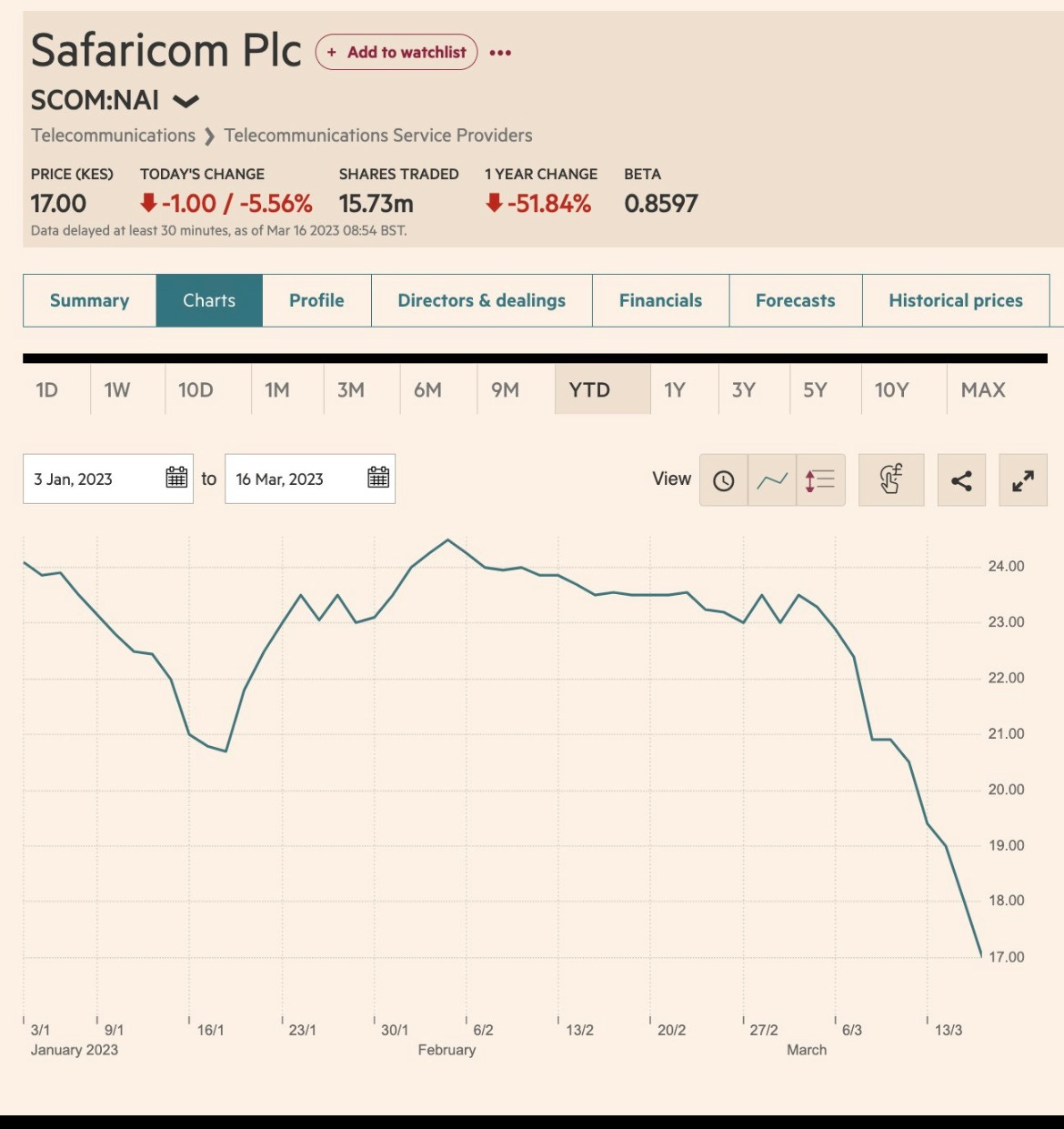The government set to borrow Ksh 700 billion to finance the budget deficit
The Kenyan government is set to borrow Ksh 700 billion to finance the Ksh 3.6 trillion budget deficit for the 2023/2024 fiscal year.
This announcement was made during the budget presentation by Budget and Appropriation Committee Chair Ndindi Nyoro. The budget for the upcoming fiscal year will increase by Ksh 251 billion compared to the previous year's budget of Ksh 3.39 trillion.
Breakdown of the Ksh 3.6 trillion budget
2.5 trillion has been allocated for recurrent expenses
769.3 billion for development
The national government will receive Ksh 2.25 trillion
385 billion has been apportioned to devolved units
The Executive has been allocated Ksh 2.1 trillion
Parliament allocated Ksh 40 billion
Judiciary got an allocation of Ksh 22.9 billion.
In addition, the Auditor General, Equalization fund, Conditional grant, and the Medical equipment scheme have received allocations of Ksh 7.6 billion, Ksh 7.8 billion, ksh 44 billion, and Ksh 4.5 billion, respectively.
To finance the budget, the government plans to borrow Ksh 700 billion:
Ksh 198.6 billion raised from external sources and Ksh 521.5 billion from the domestic market.
GOVERNMENT
The Cost of 50 Chief Administrative Secretaries: A Heavy Burden on Taxpayers
Kenyan taxpayers face an additional burden as the government prepares to spend over half a billion shillings every year on salaries and benefits for 50 Chief Administrative Secretaries (CAS).
The names of the CASs were forwarded to Parliament for approval on Thursday, amid growing concerns about their value for money.
The CASs were nominated by President William Ruto and will each receive a monthly salary of Sh765,188. This will bring their total monthly earnings to Sh38.26 million and an annual remuneration of Sh459.11 million. The cost of their salaries and benefits will add to the already-high debt-servicing obligations of the country.
In addition to their salaries, the CASs will receive other benefits such as a one-off mortgage of Sh35 million, a Sh10 million car grant, Sh10 million inpatient insurance cover, and a further Sh3 million for outpatient treatment.
Each CAS will also be provided with two top-of-the-range vehicles, a driver, an unspecified number of security personnel, a personal assistant, and two secretaries - all at the expense of Kenyan taxpayers.
what’s next
The appointment of the CASs has been met with mixed reactions, with some questioning the need for the positions and the high cost of their salaries and benefits. The appointment of the CASs has also been temporarily suspended by the court, pending further investigations into the legality of their appointments.
Despite the concerns raised, the government has defended the appointments, stating that the CASs will help implement the government's agenda and provide oversight to the ministries they have been assigned to. However, the cost of their appointments remains a matter of concern, particularly given the country's economic challenges and the need to prioritize spending.
AGRICULTURE
Fortescue Metals to construct Kenya's first green ammonia plant
Fortescue Metals, an Australian mining company, has announced plans to begin constructing a 300 Megawatts (MW) green ammonia plant in Kenya this year. The multi-billion project is expected to mark the country's first green ammonia energy production, boosting Kenya's shift to clean energy and cutting fertiliser imports.
The Olkaria Geothermal wells in Naivasha will host the plant, which is set to increase Kenya's production of clean energy and provide additional load during peak demand. In addition, it will help to reduce Kenya's fertiliser import bill and lower the cost of farming.
According to Fortescue Metals, plans are at an advanced stage for the project, and the company is expected to make a final investment decision this year. The plant will provide power to the national grid during peak demand and also reduce the billions that flow out of the economy in paying for fertiliser imports.
The company did not disclose the cost of the plant.
Looking forward
The announcement comes as Kenya continues to make strides towards achieving its renewable energy targets and reducing its dependence on fossil fuels.
Overall, the green ammonia plant is expected to have a significant impact on Kenya's economy, environment, and energy sector.
COMMODITIES
1. Kenya’s Oil Supply Deal with Saudi Aramco and Adnoc (Abu Dhabi National Oil Company)
Energy and Petroleum Cabinet Secretary Davies Chirchir announced that the government had signed a deal with Saudi Aramco and Abu Dhabi National Oil Company to supply fuel on credit to Kenya.
Saudi Aramco, the world's largest oil producer, will supply Kenya with diesel and super for the next six months.
Abu Dhabi National Oil Company (Adnoc) will also deliver three cargoes of super petrol every month.
How the deal is structured
Aramco and Enoc will supply oil to nominated local suppliers in Kenya who will be the only ones required to pay in dollars after the six-month window.
The nominated suppliers will then sell the fuel to the rest of the local players in Kenyan shillings (this shelves the requirement for dollars to secure their orders)
The government will then shoulder the currency risk through a Letter of Support to back the nominated oil marketers that will be dealing with the Middle East oil suppliers.
ENERGY
Ken Petrogas Limited to Build a Sh1 Billion LPG and Natural Gas Terminal in Kwale
Ken Petrogas Limited, a leading petroleum products firm, announced its plans to construct a liquefied petroleum gas (LPG) and natural gas terminal, in Shimoni, Kwale County.
According to the company's environmental and social impact assessment study report submitted to the National Environment Management Authority (Nema):
The facility will be able to handle up to 10,000 tonnes of LPG and 140,000 cubic metres of liquid natural gas (LNG).
The construction of the terminal will take place on a 6.52-acre piece of land and will include a floating jetty and a marshalling yard with a capacity to accommodate 65 trucks.
Ken Petrogas has estimated the total cost of the project to be approximately Sh1.13 billion. Once the project is completed, the company's entry into the gas handling business is expected to significantly lower the cost of gas in the country due to the advantage of bulk purchases.
Looking forward
The project is currently awaiting approval from Nema. If approved, it will mark a significant milestone for Ken Petrogas, as it expands its business portfolio to include the gas handling business.
The construction of the LPG and natural gas terminal is expected to create job opportunities for the local community and provide a boost to Kwale County's economy.
WHAT YOU MIGHT HAVE MISSED
EPRA’s review of fuel prices
The Energy and Petroleum Regulatory Authority(EPRA) increased the price of super petrol by Ksh 2 in the latest fuel price review, while that of diesel and kerosene remains unchanged.
Safaricom PLC share price down to Ksh 17
Kenya and Italy agreed to remove trade barriers
During a state visit by President Sergio Mattarella of Italy, President William Ruto announced that the two countries would engage in negotiations to remove Non-Tariff Barriers, prevent double taxation and increase foreign direct investments.

